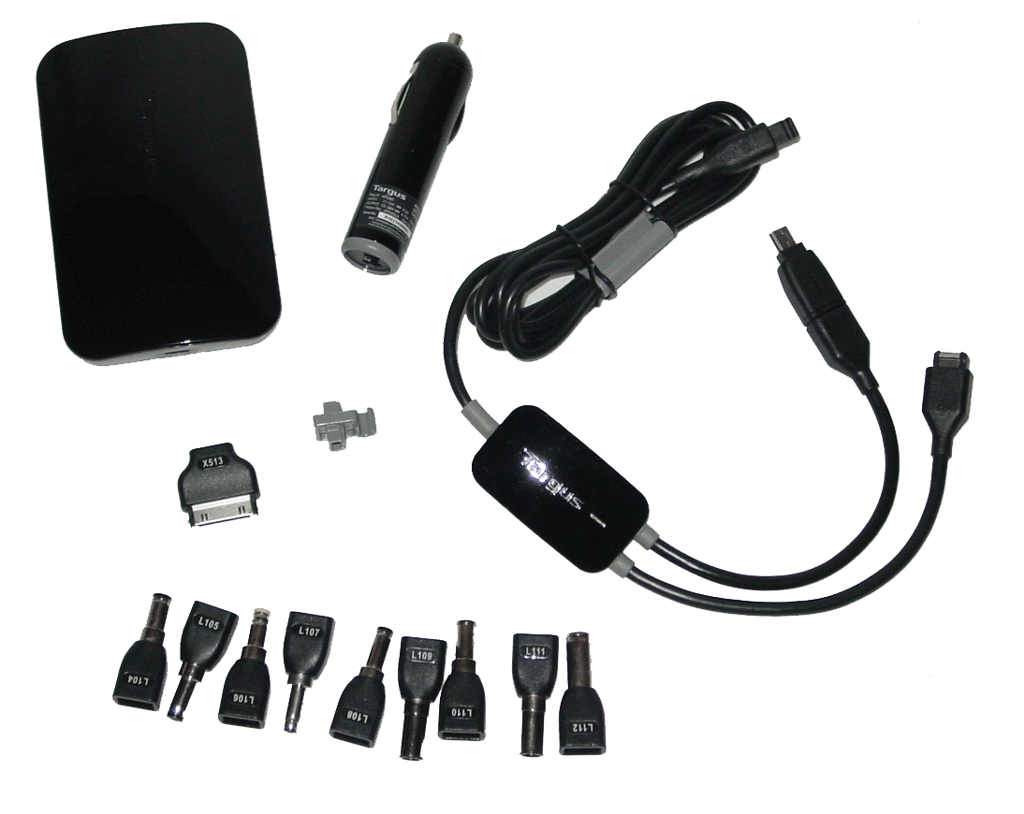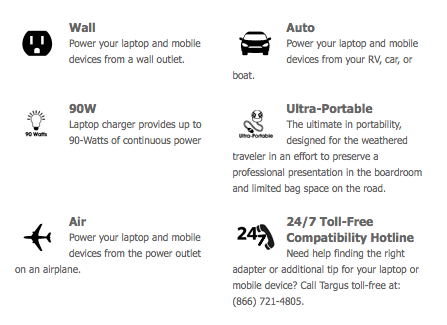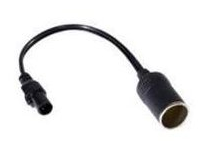Universal Laptop Power Adapters For The Air, Road, And Wall
Targus Premium Laptop Charger (APM69US)
The Premium Laptop Charger AC/DC (APM69US) is actually more like a kit than one specific charger. Targus simplified its product lineup to be somewhat modular. The Notebook Charger AC (APA70US) and Compact Laptop Charger AC (APA69US) all share the same 90 W power brick as the APM69US. The APM69US (which runs $122) is simply a combination of what you get in those other packages. The difference is that the APA70US and APA69US don't come with automotive adapters. The APA70US is specifically for netbook owners; you only get a netbook adapter tip and the USB tip. The APA69US is the same, but comes with all the tips also provided with the APM69US.
Meanwhile, the APD80US is the car-only version of the kit. There is no power brick for AC input, but you get all the same adapter tips as the APM69US and the APA69US. The cheaper Netbook Charger (APA72US) shares the same output cable and tip system, then substitutes in a 45 W power brick for the 90 W version. This is the same 45 W charger that comes with the Charger for iPad (APA7201US). The difference there is that you get an iPad tip instead of a set for netbooks. All of these kits still come with a USB tip, so you can charge your cellphone or eBook reader at the same time as the main device.
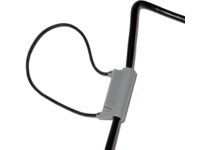
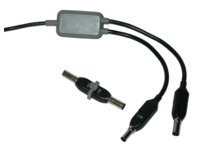
The best thing about the APM69US is its cable management system. The kit includes a highly elastic cable tie that keeps everything nice and neat, though you still need to deal with the power brick separately. If you're plugging in multiple devices, there's also a caddy that clips onto the cable and secures an extra pair of tips.
Targus advertises this charger as an Automotive/AC/Airplane charger, but it doesn't come with an EmPower plug. This means you can only use the adapter if you're in an airplane with a cigarette lighter-style outlet.
If you need EmPower connectivity, you have to buy an adapter, which usually runs ~$10.
Get Tom's Hardware's best news and in-depth reviews, straight to your inbox.
Current page: Targus Premium Laptop Charger (APM69US)
Prev Page Duracell 90 W Universal AC/Auto/Air Adapter Next Page Kensington Wall/Air Ultra Compact Notebook Adapter (K38067US)-
shreeharsha I actually thought they are going to release a standard for all the Laptop Power Adapters, one power adapter for all the notebooks. (only might be different wattages)Reply -
randomstar I can not honestly tell you the number of friends, customers, and others that bought a non-dell power adapter for a dell unit, and found out that it will run the unit, with reduced performance, but will not charge. and paid lots of money. I keep a collection of actual dell power supplies 65w, 90w, 120w ,just to help out when that happens. funny thing , if you shop around you can get the real ones for less than the kingston, etc "universal"!Reply -
JohnnyLucky It's a shame that there is no single International standard to go by. It would make things a lot simpler.Reply -
cadder And even worse than that- between my daughter and I we've owned 3 Dell laptops, and each one uses a different power adapter and plug.Reply -
soccerdocks cadderAnd even worse than that- between my daughter and I we've owned 3 Dell laptops, and each one uses a different power adapter and plug.Reply
That seems unusual. In my house we have 3 different laptops spanning 6 year purchase dates and they all have the exact same plug. Two of the laptops are Latitudes and the other is a Studio XPS. The only difference is that the Studio XPS came with a 130 watt adapter as opposed to 65 watt adapters for the Latitudes. So no gaming with that machine while plugged into the 65 watt adapters. -
legacy7955 shreeharshaI actually thought they are going to release a standard for all the Laptop Power Adapters, one power adapter for all the notebooks. (only might be different wattages)Reply
Actually this sort of standard DOES exist in Europe for smart phones and cell phones, I'm not sure if it includes laptop or netbooks but it might. I'll have to search around.
It seems the bottom line today is buy the OEM adapters if you want to play it safe. -
mayankleoboy1 thats another lame article consecutively.Reply
come on Toms, get the BD benchies out already. -
CaedenV This is exactly why I don't understand dropping serious money into a laptop. Have a good desktop, and a cheap laptop/netbook/smartphone/tablet for your portable needs. Batteries only last 2-4 years with consistent use, so after 2-3 years you need a $150 battery, plus if your power brick is worn out then it is another $120 for that...Reply
So that $800 laptop then requires another $270 to run after 3 years? And this is assuming you don't drop the thing, or break it through normal wear and tear. And laptops do not age as gracefully as desktops because they are generally crap hardware to begin with. Much better to stick with a $300 laptop, and a decent desktop. The desktop will keep up with the times longer and will have less maintenance, while the laptop can be swapped out when need be. -
simontay1984 My Toshiba Satellit Pro M30 is over 5 years old now and it still works fine. HDD and RAM has been upgraded. The battery went flat a long time ago and won't recharge.Reply
Instead of buying a new Lithium-Ion batt (that would only last about another 2 years anyway), I just use a 12V 7.2Ah Lead Acid connected to the PSU input when I don't have access to a mains supply for an extended period (e.g. on long train journey).
It works cos the PSU output voltage is 15V so 12V is close enough.
